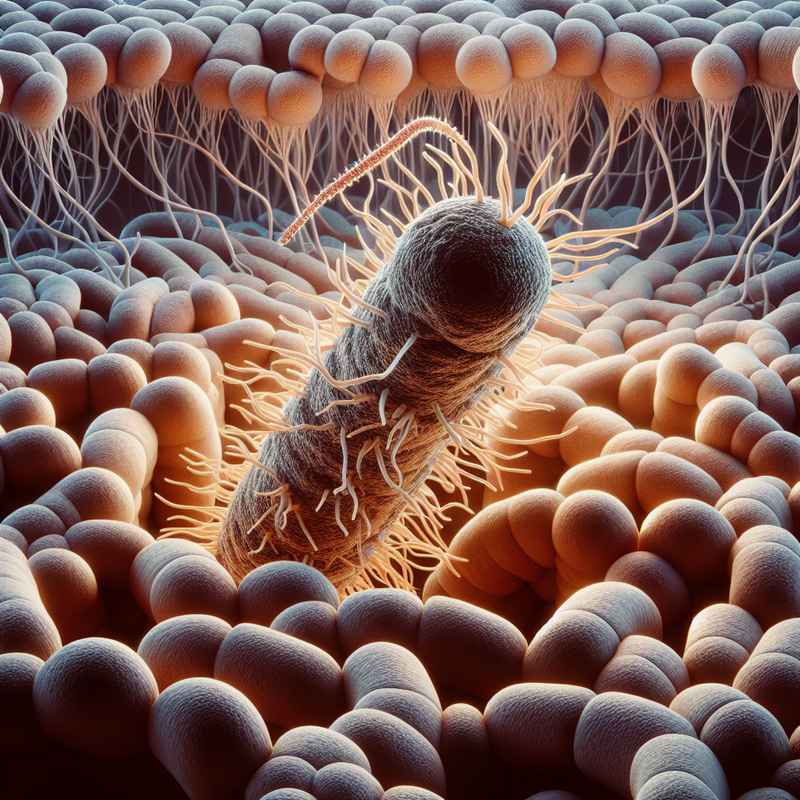In a groundbreaking investigation conducted by scientists at the Carnegie Institution for Science
A series of genes has been uncovered which allows microbes to effectively establish themselves within certain locales of the gut. This revelation, shared through a Science publication, might serve as a stepping stone for developing superior probiotics tailored to improve the well-being of humans.
The team, which includes Will Ludington, Karina Gutiérrez-García, Kevin Aumiller
And their colleagues, narrowed their focus to the advantageous bacterial species Lactobacillus. Ludington commented on the intricate web of microbial communities that each plays its role. “This intricate ecosystem is where each microbe must find its niche to prosper and play a part in maintaining the health of the host.”
The intestinal tract of humans is a bustling metropolis of symbiotic microbial life
Essential for processes like nutrient assimilation, immune system regulation, and safeguarding against disease-causing invaders. Unlike other homogenized bodily regions, varied segments of the gut draw distinct bacterial inhabitants due to differences in environmental characteristics like pH balance, oxygen levels, and the availability of specific nutrients.
Deepening our understanding of how bacteria claim their territory
The team employed cutting-edge imaging to witness how Lactiplantibacillus plantarum secures its place within the gut of a fruit fly. Drawing parallels to the routing of baggage at an airport, each microbial species is guided to its designated spot in the intestine. Gutiérrez-García posits that to benefit their host, these helpful microbes must reach a site where they can form a stable community.
Further research contrasted L. plantarum variants
Originating from wild fruit flies against those from human environments, revealing that the capacity for enduring gut attachment varies across strains. This led to the identification of distinct genetic elements that are fundamental for super-affinity and enduring gut residency.
Aumiller expresses excitement about the research implications
“We’re unlocking the ability to fine-tune other bacteria with a new level of precision.” The discovery that certain ‘adhesins’ on the outer layers of bacterial cells facilitate steadfast colonization opens up possibilities for the conscious crafting of probiotics specialized for particular areas within the gut.
Moving forward, the Carnegie group is set to investigate more
About the specifics of this bacterial adherence. Their work could catalyze a transformative phase in microbiome engineering, uncovering innovative methods for disease prevention and enhanced health promotion.







